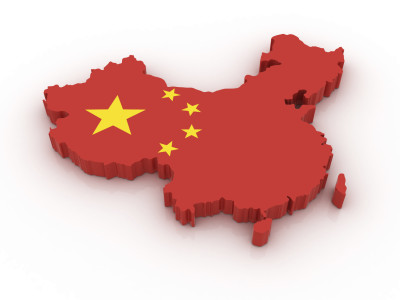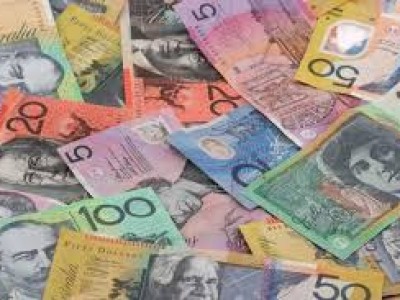How Chinese Traders Spend Golden Week: History and Habits
The Golden Week refers to the 7-day national holiday celebrated in mainland China and some of its territories. This was officially implemented by the Chinese government in 2000 as a way to boost local tourism and allow people to visit their family in other parts of the country.
It starts off during the National Day around the first week of October, during which Chinese stock markets are closed for trading. Other markets around the world remain open, though, leaving investors to price in big moves once China’s equity markets resume trading.
The performance of financial markets around this period depends mostly on risk sentiment leading up to and during the Golden Week, but what has been consistent is the significant pickup in volatility. Before Chinese traders take off for the holidays, a lot of profit-taking activity is evident, spurring bounces or reversals mostly in commodities and Asian stocks.
This year, the global financial market generally improved during Golden Week. This was primarily because the Chinese stock market had suffered a huge slump in late July and throughout August, so the equity market closure provided opportunities for improved sentiment and relief rallies.
In addition, anticipation of positive numbers from Chinese companies in the run-up to the Golden Week usually keeps risk appetite strong beforehand and afterwards. After all, this long national holiday yields a lot of bookings for transportation, hotels, and establishments in the tourism industry, as well as rising purchases among retailers in the top-visited destinations. This yields better profitability and earnings figures for several firms, getting the ball rolling for positive momentum until the Christmas holidays towards the end of the year.
Other markets also tend to benefit from the Golden Week holidays, with several Chinese employees also taking time off to enjoy vacations abroad. It has been observed that sales of luxury goods, jewelry, and designer items enjoy a boost during this period, as the influx of tourists from the mainland tend to be accompanied by shopping sprees.
Interestingly enough, analysts also remarked that tourism and spending activity tends to pick up in those nations whose currencies are faring weaker compared to the yuan, as this boosts the Chinese currency’s purchasing power. For instance, a bulk of Chinese tourists flocked to nearby Japan and Thailand this 2015, with the yuan up nearly 15% to the yen year-over-year around that time.
The Golden Week itself is characterized by a state of calm in the Asian markets, with Chinese investors accounting for a bulk of the trading volumes in the region. Hong Kong and Taiwan are also celebrating the Mid-Autumn Festival around the same week while South Korea has stock market closures during the Chuseok holiday.
Following this period, market gaps are usually seen during the Monday open, as a bulk of Asian traders return refreshed from their holidays. Reactions to the economic reports released over the holiday period are also priced in during the following week, paving the way for increased trading activity as well.
The post How Chinese Traders Spend Golden Week: History and Habits appeared first on Forex.Info.
Source:: How Chinese Traders Spend Golden Week: History and Habits







